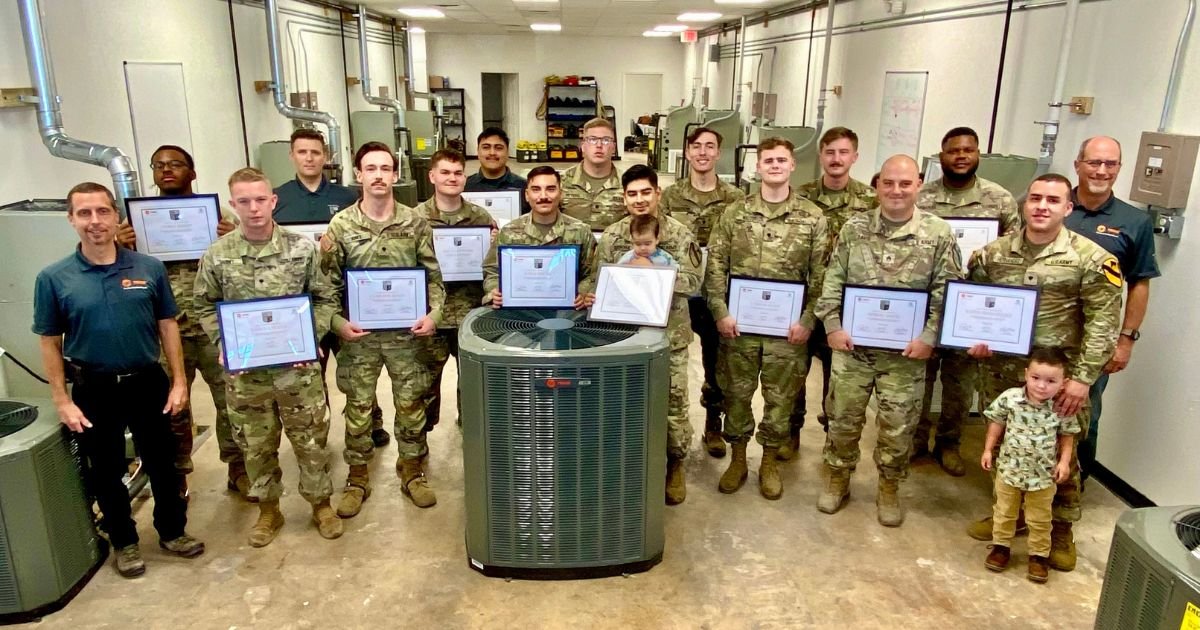The quick answer is that you can get scholarships without filling out the FAFSA. However, this does not provide a complete response to the question. Here are a few things to keep in mind concerning the FAFSA and scholarships relationship. And, more crucially, why, if you're applying to college or already enrolled, you should fill out the FAFSA.
How Scholarships Are Awarded
To be eligible for merit scholarships, most schools do not require students to complete the FAFSA. However, assuming that this is usual procedure is a mistake. The policies on scholarships differ from one college to the next. Students who have not completed the FAFSA may be denied merit aid at some universities. In addition, the FAFSA is required for several private scholarships.
Why Some Colleges Require the FAFSA for Scholarships
Some institutions require the FAFSA in order to offer scholarships for a variety of reasons.
The information on the FAFSA is used by colleges that require it to screen applicants. It is used by several universities to check citizenship, ensuring that only citizens and those qualified for federal funding are considered.
Other universities use the FAFSA to ensure that a student's need-based aid has been maximised. Without the FAFSA, many universities would not consider you for merit-based aid because it shows that you do not require financial assistance.
Others utilise the FAFSA information to determine whether or not a student qualifies for merit scholarships. If three students are tied for a scholarship, for example. Because the family sees a need, a student who has maxed their need-based aid on the FAFSA will be given priority. If you haven't completed the FAFSA, it means you aren't in need of financial help. You would forfeit both federal student aid and the scholarship reward in this circumstance.
Why You Should Fill Out the FAFSA Every Year
All experts agree that all college students should complete the FAFSA every year. This is true whether you're applying for merit scholarships or not. Regardless of whether your parents have the financial means to pay the tuition out of their own pocket.
These are just a few of the reasons why it's critical to complete the FAFSA each year.
You might have won a scholarship that will help you pay for this year's tuition. However, the majority of scholarships are one-time only. You must reapply the following year. What happens if you don't qualify the following year? If you haven't applied for the FAFSA, your only option is to take out high-interest personal loans.
Your financial requirements may alter from year to year. You may not require or be eligible for financial assistance this year. Between now and the end of the year, though, a lot can happen. It's possible that your parents' income will fluctuate. Depending on your curriculum, the cost of education may vary. It's possible that you'll opt to transfer. In the next year or two, your sibling may begin college. Any of these factors could alter your financial aid requirements.
Earn Scholarships Without The FAFSA - Is It possible?
Last year, when I sought to apply for federal student aid, I was told that I needed to send my parents' tax information in order to be considered. Since I was 17, I've been living on my own, filing my own taxes, and relying on my fiance to support me. Without financial aid, I can't afford to go to school, and my parents refuse to contribute or provide me with their tax information. Is it possible to apply for financial help online? You must be 24 years old or older, married, a graduate student, a veteran or serving on active duty, or have dependents other than your spouse to be deemed independent. You can also apply to be classified as an independent student. if you were an orphan, a foster child, or a court ward when you were 13 or older.
A court order granting you emancipated minor status prior to reaching the age of majority or a court order placing you under legal guardianship are two more options for independent student status. Finally, if you are determined to be an unaccompanied youth who was homeless or at risk of becoming homeless, you may be eligible for independent student status. (A homeless liaison from a high school or school district, a HUD-funded emergency shelter or transitional housing program, the director of a runaway or homeless youth basic center or transitional living program, or a college financial aid administrator can make this assessment.)
A dependence override can be used by college financial aid managers to convert your status from dependent to independent. However, none of the following scenarios, alone or in combination, are sufficient for a dependency override: Parents who refuse to contribute to your education, parents who refuse to fill out the Free Application for Federal Student Aid (FAFSA) or engage in verification, parents who do not claim you as an exemption on their federal income tax returns, and your demonstration of ultimate self-sufficiency. Other conditions, such as a hostile or violent family environment, parental abandonment, jail, sickness, or institutionalization of both parents, may support a dependency override.
Reference:










.jpg)


